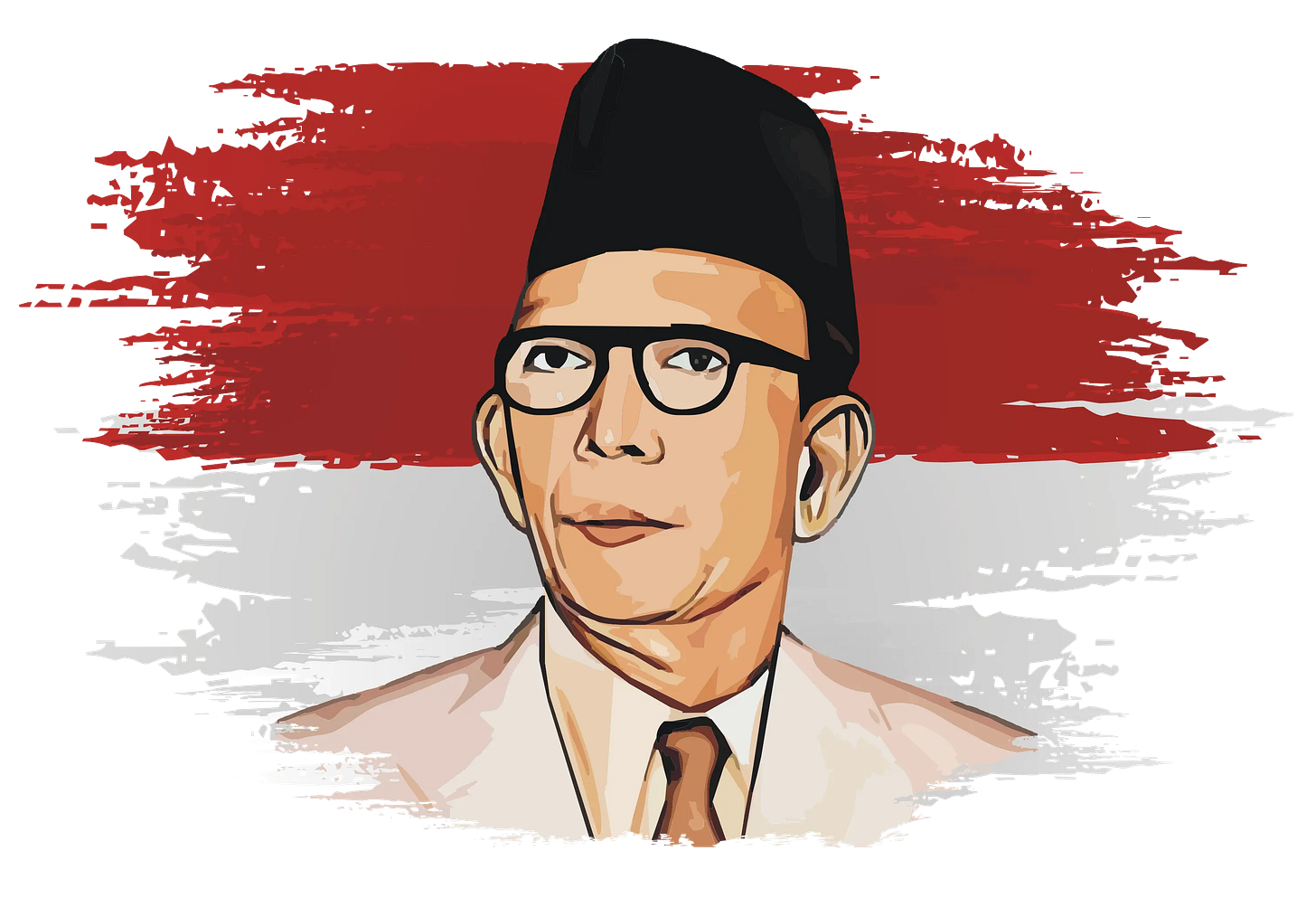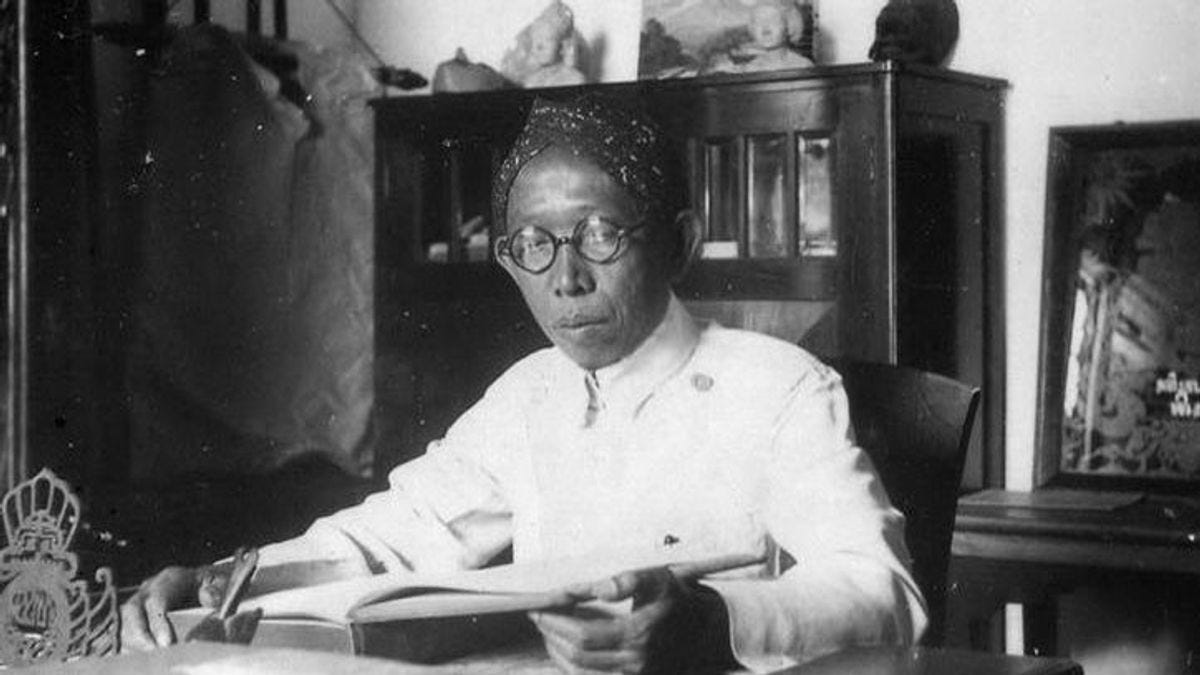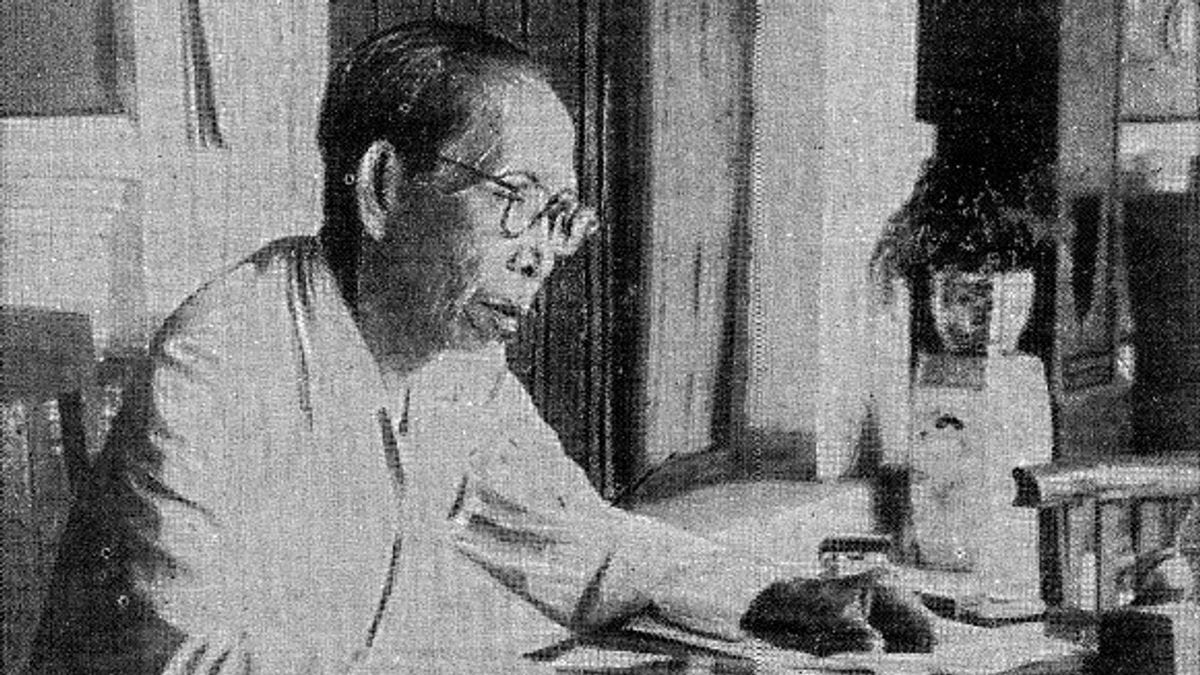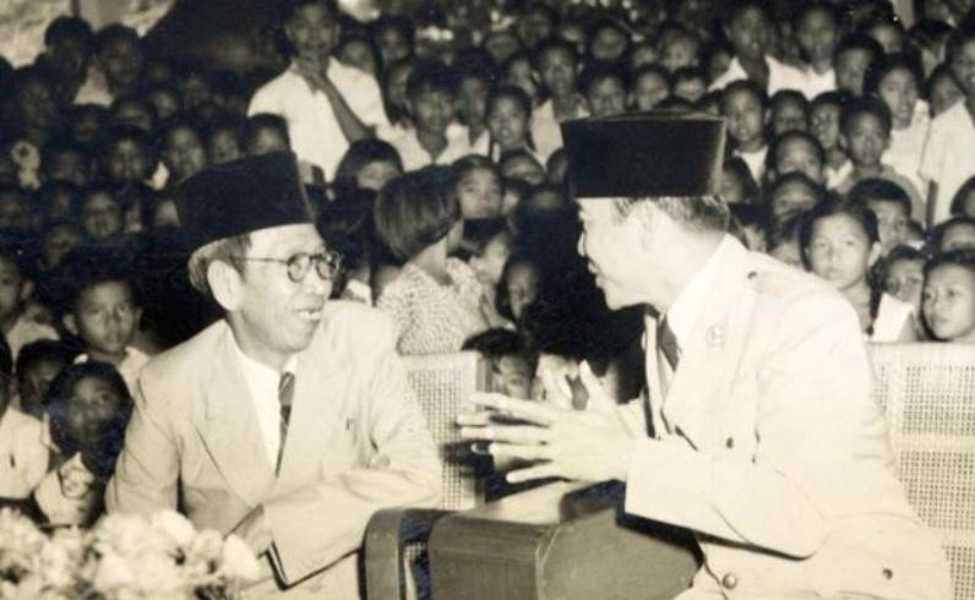Three Fundamental Principles of Leadership: Insights from Ki Hajar Dewantara’s Legacy
What today’s leaders can learn from a last century’s National Hero and a Pioneer of Education from Indonesia?
In our quest to become effective leaders, we often turn to contemporary figures and modern theories for guidance. Yet, hidden in the annals of history lies a treasure trove of leadership wisdom waiting to be unearthed.
One such luminary is Ki Hajar Dewantara, a National Hero of Indonesia and a pioneer of education.
Ki Hajar Dewantara was born into a noble Javanese family as Raden Mas Suwardi Suryaningrat. He played a crucial role in shaping the education system in Indonesia and advocating for the rights of the Indonesian people during the Dutch colonial era.
He went on to find ‘Taman Siswa’ (lit: Garden of Student), a school aimed at providing education to the indigenous population of Indonesia. After Indonesia gained its independence he was appointed as the 1st Minister of Education and Culture in the first cabinet of the Republic of Indonesia (1950).
He died in 1959 and later was honoured with a title as the Father of National Education and a National Hero. His date of birth is commemorated as the National Day of Education.
Ki Hajar Dewantara formulated the ‘Three Fundamental Principles of Education’ - a set of slogans which were central to his educational ideology.
Written in Javanese the maxim reads:
Ing Ngarso Sung Tulodo
Ing Madyo Mangun Karso
Tut Wuri Handayani
Let’s explore what these three principles mean and what leaders can learn from them.
Note that when I say ‘leaders’ here, I mean it in the widest sense of ‘someone who leads’.
It could be a Head of a nation, politicians, CEO of a company, managers, team leaders, or parents.
Ing Ngarso Sung Tulodo: ‘At the front - Lead by Example’
This principle emphasizes the importance of leaders setting a positive example for others to follow.
As a nobleman, Dewantara had more privileges compared to the native commoners. During the Dutch colonial time, for example, only the elites could go to school.
But despite this, Dewantara didn’t just revel in his ‘luck’, instead he used his ‘freedom and privilege access’ to fight for the rights of his people.
He led from the front and did what he set out to do.
How many times in life have we made disappointed by someone we respected as our role model, but then turned out to be an a***ole lying b***ads!?
Leaders, good leaders, inspire and motivate those around them by embodying the values and principles they want to instill in them - not just by words but also through genuine actions and behaviour.
You can see examples of these embodied in people like Gandhi, Mandela or Lincoln. These ‘Heroes’ truly were the epitome of ‘Leading by Example’.
Meanwhile, at home I try to practice these 2 principles, which I also teach my kids to do:
“Never ask anyone to do anything that you are not prepared to do yourself”.
Or the other side of the coin:
“Never lecture anyone of doing something wrong if you do the very thing yourself” - aka being a hypocrite.
Ing Madyo Mangun Karso: ‘In the midst - Encourage and Nurture’
It signifies that leaders should always encourage their people to do their best.
They should also nurture enthusiasm and foster a positive working environment.
It doesn’t take rocket science to realise that when individuals are enthusiastic about their work, they tend to approach tasks with a positive attitude, energy, and a sense of purpose.
Research has also found that enthusiastic individuals are more likely to persevere in the face of challenges and setbacks, as their passion and excitement drive them to overcome obstacles.
It reminds me of people like Churchill with his famous WW2 radio speech, Mother Teresa with her nurturing care among the marginalised people of Calcutta. And who can forget Martin Luther King Jr. with his powerful ‘I have a dream’ oratory.
This should extend also outside professional or working setup.
With my children I always encourage them to give their best in everything they do. I also try to create for them the best environment where they can learn and grow, explore and experiment.
I do the same things at work when I lead my team in a project. I don’t like to micro-manage, I trust that they are able to do the task they need to do the best they can, in anyway they can.
But, as the next 3rd principle would prescribe, I make sure that my team knows that I am there for them whenever they need help.
Tut Wuri Handayani: ‘From behind - Give Support’
The last principle is as fundamental as the other 2.
It promotes leadership which follows from behind while giving support and guidance.
A leadership that provides their people space to grow and freedom to find their own way.
A leadership that influences without imposing or dictating.
History is riddled with examples of people who used their power to corrupt, abuse, dictate and impose their will to others.
Whilst these people often succeeded in their leadership, it didn’t usually last long.
The Indonesian government adopted this maxim: ‘Tut Wuri Handayani’ as the official slogan for the Department of Education and Culture.
It’s a testament of how important this principle is and a reminder for all the educators that their main task is to support, to nurture and to guide the students under their wings with patience, love, care and compassion.
Does this remind you of someone you know? Do share in the comment.
The Legacy of Ki Hajar Dewantara
It was a century ago when Ki Hajar Dewantara found Taman Siswa, and yet his legacy continues to inspire us to be leaders who uplift and guide those under our care with patience, love, and compassion, just as he did for the people of Indonesia through his dedication to education and the betterment of society.









‘At the front - Lead by Example’
‘In the midst - Encourage and Nurture’
‘From behind - Give Support’
Love the framing behind this--leadership that's everywhere all at once in a positive way. Thanks for this hidden treasure trove of historical wisdom :)